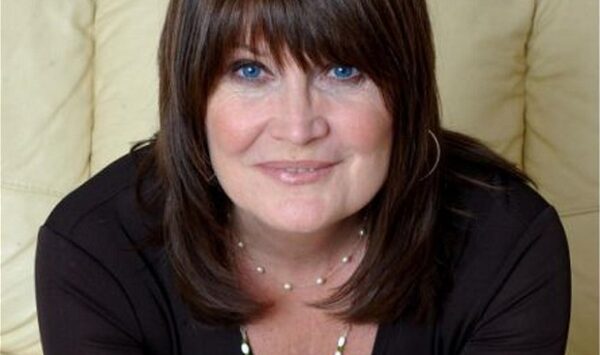Eurovision winner Sandie Shaw has criticised the British music industry for ‘favouring’ artists from privileged backgrounds.
Shaw told MPs how artists who did not attend private schools are being overlooked by record labels. Her controversial remarks were made in front of the Culture, Media and Sport select committee on Tuesday. The committee, whose role it is to monitor the policy and the expenditure of the Department of Culture, Media and Sport, had invited Shaw to speak with them about the creative industries in her capacity as chair of the Featured Artists Coalition, an organisation campaigning for the protection of UK performers’ rights.
So many artists are disadvantaged, she said. They cannot start because of their background and the best music comes from those in challenging backgrounds, it comes from Glasgow, Manchester, Essex, it comes from places and people that are really struggling to make some meaning out of their existence.
She went on to say that such artists faced difficulties when trying to be signed by a record company and she contrasted them with the band Mumford and Sons, a British folk group that has had huge success both in the UK and the US. Unless you’re Mumford and Sons and come from a public school and have a rich family that can support you, you just grab anything that (a record company) might offer you, she said.
Sandie Shaw, whose real name is Sandra Goodrich, was herself educated at a state-run comprehensive school. In 1964, she was 17 and working as a part-time model at the Ford car plant in Dagenham, Essex, when she entered a local talent contest and was spotted by pop-star Adam Faith. Later that same year, she had her first UK number 1 with the song (There’s) always something there to remind me.
She warned the committee, however, that such paths to success were now ‘unlikely’ and that poor financing made it difficult for the best talent to come to the surface. She suggested a route now open to artists from less privileged homes might be the television talent show and that as a result the music industry was dominated by Simon Cowell-type stuff, which creates artists that are ‘puppets’. If you’re a young, slim girl you can get lots of branding, she said. If you happen to be big or not so young, it’s stopping people from being who they are. Why do they have to be clothes dollies?
In 1967, Sandie Shaw was invited by the BBC to represent the UK at that year’s Eurovision Song Contest in Vienna. She became the first UK entrant to win the competition with her song, Puppet on a string. The song went on to be a number 1 in the UK and in Austria, West Germany, Ireland and Norway. She has since released seven studio albums and many singles, including a brand-new version of Puppet on a string in 2007 to coincide with her 60th birthday. She has also recorded versions of her sings in French, Italian, German and Spanish. She qualified as a psychotherapist in 1994 and opened a clinic to support those in the entertainment and sports industries.
Sandie at Eurovision in 1967 –




